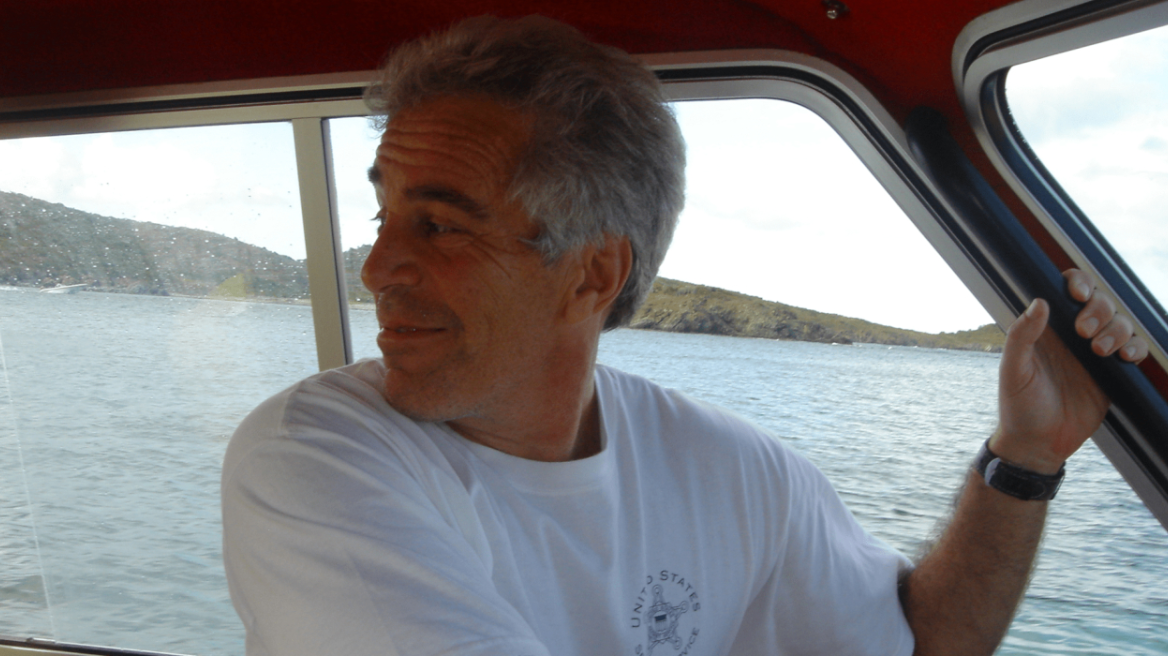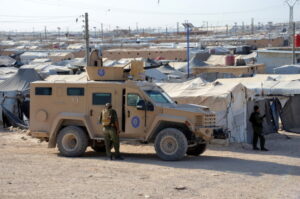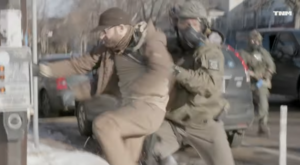Prime Minister Kyriakos Mitsotakis’s discussion with the mayors of areas impacted by the large wildfire in northeastern Attica was described by participants as “sincere” and “useful.” There were no significant tensions, even though not all the participating mayors are affiliated with the ruling New Democracy party. While some mayors expressed concerns about operational management, the overarching consensus was on the need for rapid reforestation and restoration work, as well as swift anti-erosion efforts to minimize issues during the upcoming autumn rains. Additionally, there was a call for more comprehensive planning for suburban forests and the clearing of lots, which the Prime Minister referred to as a “collective achievement.”
Following inspections and yesterday’s meeting, the government is committed to swift and effective interventions. Already, clean-up efforts have begun under the “anti-nero” program and emergency funding from the Ministry of Interior for all public spaces within fire-affected municipalities. Moreover, the platform for initial relief has been opened, although some mayors raised concerns about the adequacy of rental subsidies for residents in areas with high property prices.
The critical issue, however, remains interventions for the forest. By the end of September, the Ministry of Environment is tasked with developing a comprehensive plan for the restoration of affected ecosystems and measures for the protection of forest ecosystems. Reforestation contracts are already in place for nearly 60,000 hectares in Attica. The government also aims to initiate a more comprehensive intervention for the forests of Attica, potentially involving forestry cooperatives or hybrid models that include cooperative participation. In the case of Penteli, discussions also focused on how to strengthen the SPAP (Association for the Protection and Development of Penteli Mountain), following the model of SPAY (Association for the Protection and Development of Ymittos Mountain).
During the meeting, the Prime Minister was measured in his approach. He did not boast about the fire management but also did not dismiss the significant efforts made by civil protection. He reaffirmed the importance of the strategy of strong, immediate initial attacks on fires, even though the fire in northeastern Attica ultimately spread. “I want to emphasize that this year we have dealt with nearly 4,000 fires, many of which were in Attica. Unfortunately, this was the only fire that got out of control, despite the fact that the correct strategy of rapid initial attack was adopted, as proven in many other fires,” Mitsotakis noted.
The government’s focus, looking ahead to the next fire season, is to further improve prevention planning. According to post-inspection data, 8 out of 10 buildings that suffered major damage in the fire were on lots that had not been cleared, even though this year saw a significant effort in clearing, which in some cases, like in Diotis, saved properties.
“Did we do everything perfectly with the clearances? Obviously not; it was our first time. But it was a major success on which we must build. Next year, we will be better prepared to assist municipalities with the removal of branches and grasses we clear,” Mitsotakis emphasized. He also noted the mayors’ feedback on the need to expedite processes through the Green Fund so they can carry out clearances. The clearances conducted by municipalities through the three “anti-nero” programs proved critical in some areas for preventing or containing the fire’s spread.
Parliamentary Debate Ahead
The discussion on wildfires is not over with yesterday’s meeting, as the government continues to face criticism from the opposition. Mitsotakis has scheduled a parliamentary debate, expected to take place the week before the Thessaloniki International Fair. However, he sought to set the tone. “I always understand the need for easy political confrontation. Unfortunately, in recent years, our political life has not escaped a toxicity and polarization that I don’t think suits the problems of citizens. But the challenges are too great to simply, constantly look for individuals and scapegoats,” the Prime Minister concluded.
Ask me anything
Explore related questions





